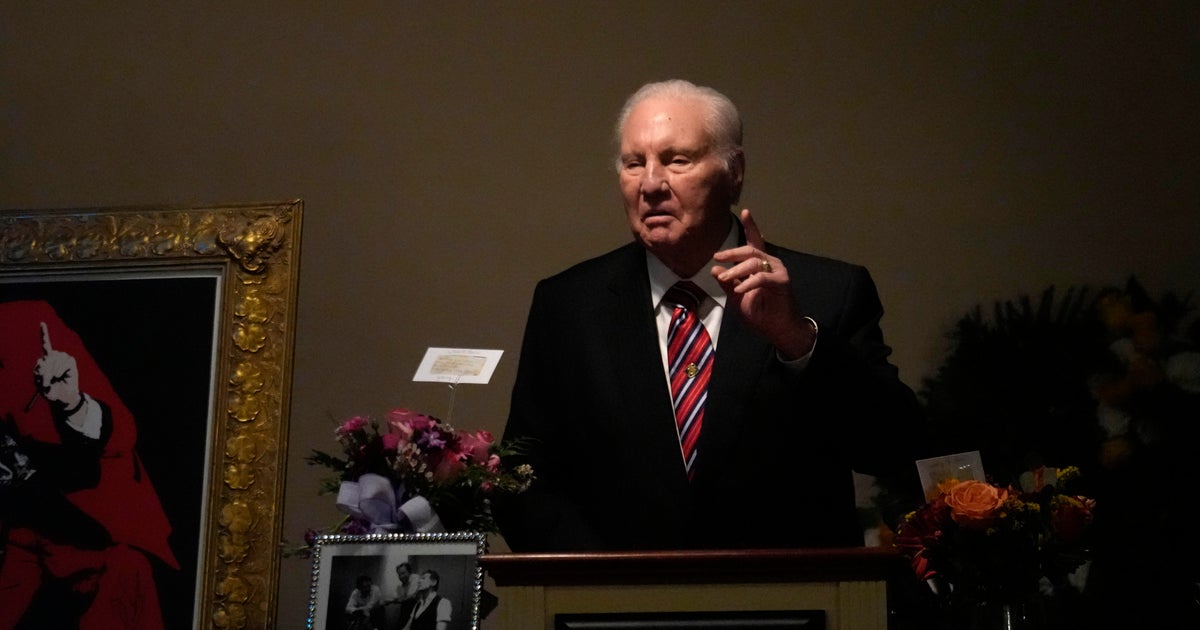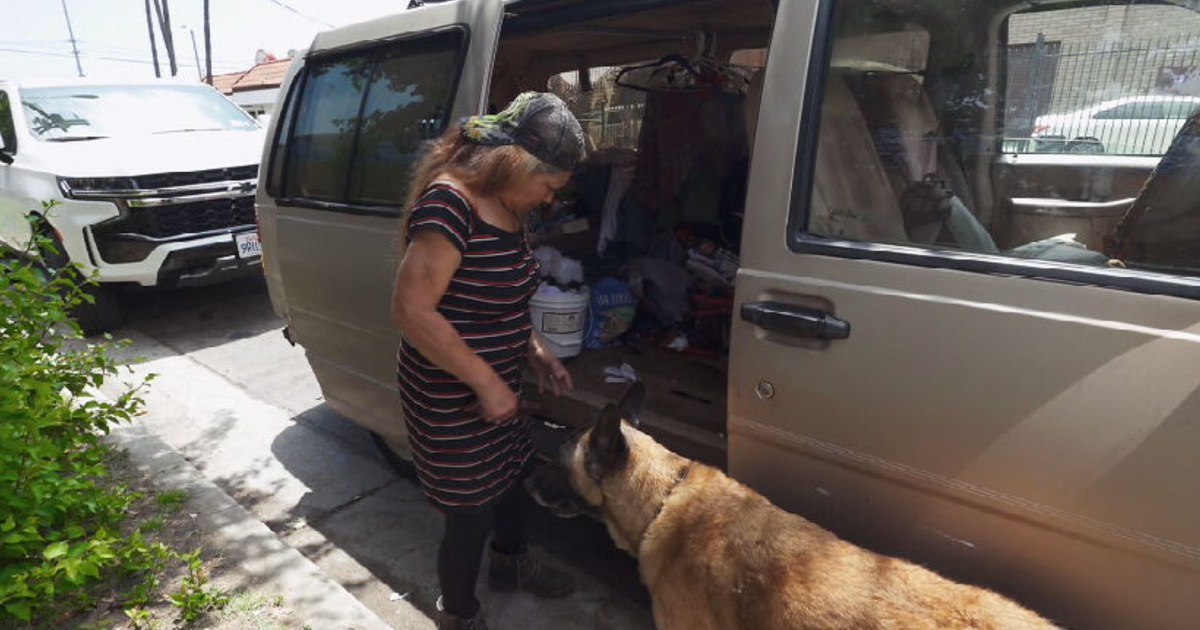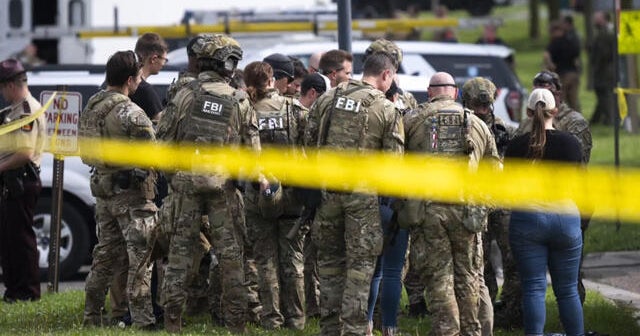Five years ago, the average Union Pacific freight train was 8,000-feet long. Today, it's more than 9,000 — with many extending as long as 15,000-feet.
Nicknamed 'monster trains,' these freight haulers can carry in a single trip what would take two or three shorter trains to move—saving railroad companies millions of dollars. Union Pacific told the CBS News Texas I-Team the addition of rail cars to an already scheduled train is both safe and good for the environment.
But longer trains also mean longer waits at crossings. And when a monster train stops, it often becomes more than an inconvenience.
Monster trains in texasThe CBS News Texas I-Team found nowhere is the problem bigger than in Texas. Data from the Federal Railroad Administration shows more than 7,000 reports of trains blocking crossings across Texas in the past year — that's more than three times as many as any other state.
Many of the most problematic crossings are in Tarrant and Denton Counties.
When Fort Worth firefighters get a call from an address near train tracks, dispatch sends two trucks — one from each direction.
If the route includes the train crossing on Avondale-Haslet Road in the far northwest corner of the city, the most frequently reported blocked crossing in North Texas, trucks roll from both the Fort Worth and Haslet fire stations.
"That way we know that we're coming from two different directions," said Fort Worth Fire Department spokesperson Craig Trojacek. "So, a stopped train is not going to stop our response time."
The Federal Railroad Administration said it's focused on the safety of all train lengths, but that there is "no empirical evidence that clearly implicates train length in a reduction of safety."
A 2024 study of the relationship between train length and derailment risk determined longer trains do have a greater risk of derailment.
Trapped inJeff Kennedy, resident of the Vista Ranch neighborhood in north Fort Worth, calls his subdivision a lollipop neighborhood:
"Only one way in and out."
To get out of Vista Ranch, residents have to cross the tracks on Tinsley Lane. If a train blocks the crossing, there's no other way in or out.
In May, the I-Team witnessed the problem up close when a train lost power and blocked the crossing for more than four hours.
"It's a danger, unnecessarily," said Kennedy.
Tarrant County construction crews began work last month on a new road that will give neighbors in Vista Ranch another way out without having to cross the train tracks.
"That will be good, but it's going to take a while," said Kennedy. "Four to six months. Hopefully, in the meantime, we won't have another train stoppage."
Bad for businessChad Beavers, owner of Cold Springs Processing, knows firsthand that blocked train crossings can be more than just a minor inconvenience — they can be bad for business.
The grease disposal facility just north of downtown Fort Worth sits between two sets of train tracks, and at times trains block both at once. In fact, Beavers said it happens anywhere from three to eight times a day.
"My main goal with our customers is we get you in and we get you out," said Beavers. "And when that doesn't happen, that hurts our bottom line."
The I-Team witnessed workers from the factory across the street walking between train cars so they wouldn't be late for work. It's illegal to cut through a train, but workers said it happens all the time.
"It's dangerous, but you need a job," said Carson Brown, a forklift operator. "You don't want to lose a job because of a train."
Costly SolutionsTexas lawmakers filed a House bill during the most recent legislative session to cap the length of a train at 8,500 feet. The bill was never voted on by lawmakers.
But even if it had passed, the state can't enforce it. Train length is regulated by the federal government, and there are no federal limits.
Building roads around, or bridges over, train tracks is a costly solution. In January, the federal government gave Texas $80 million in rail safety grants. That covered just six projects. This year, Texas also set aside an additional $250 million in a grant program to fund railroad grade separation projects. Despite the investments, with 9,000 train crossing statewide, the funding will not address all the problematic crossings.
Brian New



